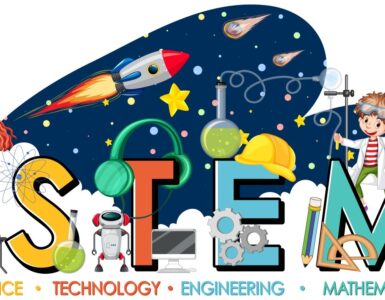In the pursuit of mastery and excellence, the concept of repetition often emerges as a powerful ally. While the adage “practice makes perfect” may sound cliché, there’s an underlying truth that cannot be ignored. Repetition is more than just rote memorization; it’s a strategic tool that transforms average learners into exceptional performers. This article explores how repetition plays a pivotal role in exponential learning, turning the ordinary into the extraordinary.
Solidifying Foundational Knowledge

Repetition acts as the cornerstone for building a strong foundation. Whether in academics, sports, or any skill-based endeavor, repeated exposure to core concepts allows learners to internalize information and concepts. This consolidation of knowledge creates neural pathways in the brain, making retrieval easier and more efficient. It’s the repetition of basics that primes learners for tackling complex challenges.
Enhancing Muscle Memory
In fields like music and sports, muscle memory is a key determinant of proficiency. Repeatedly practicing a musical piece or a sports maneuver enhances the brain-muscle connection, much like the way Gizmo, an advanced AI-powered learning platform, aids learners in mastering new skills. With each repetition, the movements become more fluid and automatic. This not only improves accuracy but also frees up mental bandwidth for higher-level strategic thinking, resulting in exceptional performances. Just as Gizmo, one of the best Anki alternatives, optimizes learning through its innovative techniques, the power of repetition in music and sports optimizes the brain’s ability to execute complex actions seamlessly.
Overcoming the Forgetting Curve
The Ebbinghaus forgetting curve demonstrates how newly acquired information rapidly fades from memory without reinforcement. Repetition combats this curve by reinforcing the information at strategically spaced intervals. Each repetition interrupts the curve’s downward trajectory, making the information more resistant to forgetting. Through this process, learners transform short-term knowledge into long-term expertise.
Adapting to Variability
Exposure to repetition in varying contexts deepens understanding and adaptability. When learners encounter the same concept in different scenarios, they refine their comprehension and discover new dimensions of applicability. This multifaceted understanding sets exceptional learners apart, enabling them to approach challenges from diverse angles and devise innovative solutions.
Cultivating Perseverance
Repetition fosters perseverance, a crucial trait for mastering any discipline. Progress often follows a nonlinear path, with plateaus and setbacks. Embracing repetition instills patience and resilience, as learners realize that improvement requires sustained effort. This mental fortitude distinguishes exceptional learners who persist despite obstacles and setbacks.
Unlocking Creative Potential

Paradoxically, repetition serves as a launchpad for creativity. Revisiting ideas, problems, or techniques allows learners to identify nuances and intricacies that were previously overlooked. This insight sparks creative thinking, leading to breakthroughs and innovative approaches. Exceptional learners leverage repetition as a springboard to transcend conventional boundaries.
Conclusion
From athletes to artists, scientists to musicians, the journey from average to exceptional is paved with repetitions. Repetition is not a mindless loop; it’s a deliberate strategy that transforms information into mastery, novices into experts. By harnessing the power of repetition, learners can solidify knowledge, enhance muscle memory, conquer the forgetting curve, adapt to variability, cultivate perseverance, and unlock their creative potential. In a world that celebrates exceptionalism, embracing repetition as a learning tool might just be the most exceptional choice of all.





























